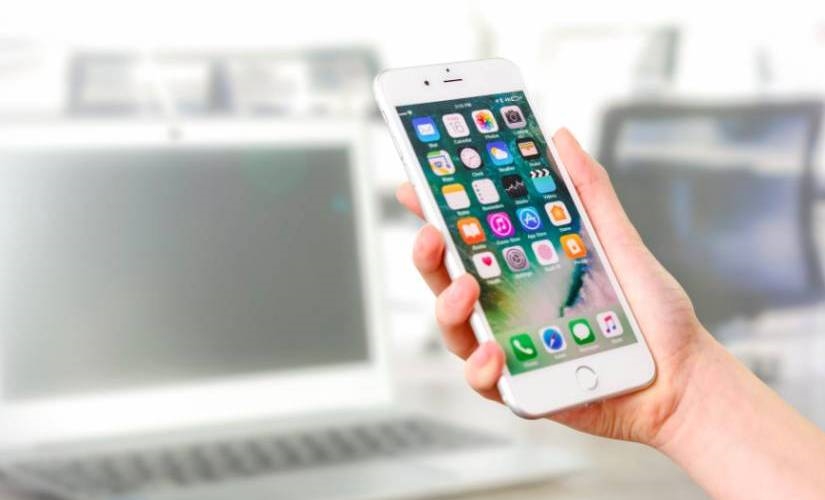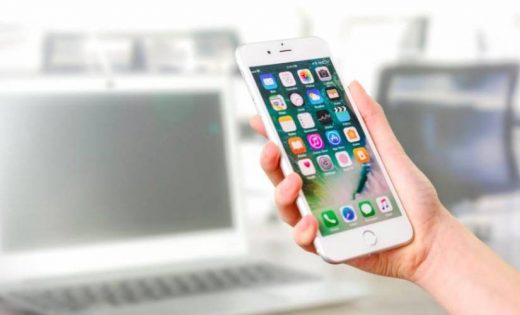How Mobile Apps Are Improving Access to Healthcare Services
How Mobile Apps Are Improving Access to Healthcare Services

America boasts the most advanced medical care in the world. Biomedical researchers here represent the vanguard of developing new therapies. Our physicians rank among the best in the world. Hospitals from New England to Southern California feature state-of-the-art facilities.
Despite its advantages, our healthcare system remains expensive, inefficient, and riddled with disparity. Setting an appointment, running diagnostic tests, sorting out insurance coverage, filling prescriptions, and paying for everything makes getting care difficult. For many patients, the cutting-edge clinicians and medical centers that make the system great might as well operate in different countries.
The challenge confronting providers remains clear: Match the advanced treatment available with the communities who need it most. Then, streamline medical care so everyone benefits.
In recent years, mobile platforms have helped address the question of accessibility in innovative ways. They make crucial services available remotely. Providers find they create workflow efficiencies. Patients get more engaged in their health, and the quality of care delivered through an app doesn’t suffer. In fact, a study in the New England Journal of Medicine found contraceptive outcomes actually improve on telemedicine platforms.
Consider how four pioneering apps are changing the game for patients who’ve traditionally struggled to receive top-notch care.
1. MyChartMobile
The brainchild of healthcare software giant Epic Systems, MyChartMobile, consolidates provider-facing and patient-facing services in one platform. That makes scheduling and communicating much easier for everyone.
In the app, patients can see test results in real-time. They can also manage billing and share critical information, such as changes to insurance. Need details about past or future appointments? There’s an app for that — this one.
2. Nurx
When it comes to sexual health, people often have a lot of questions about what’s best for them. What’s the most effective form of birth control? What’s needed? They prefer making informed choices from a range of options. Throughout the process, they value freedom.
Providers have struggled to meet these needs — until Nurx revolutionized birth control by providing vital services with an app. This innovative company is making it easier for patients to take control of their reproductive health. Once they download the app, they can consult with a provider or request a prescription directly. A board-certified clinician reviews the request and writes a prescription if appropriate. Once approved, all medications are shipped free of charge in discreet packaging. Every prescription also includes unlimited messaging with a medical provider for 12 months.
3. AliveCor ECG Heart Monitor
The so-called Internet of Things — networked sensors and devices that communicate raw sources of data with larger systems in real-time — is reshaping the tech landscape. If you’ve ever worn a Fitbit or an Apple Watch, you know how it works. You can track your steps, your sleep, and your habits throughout the day. By communicating these results with others — an insurance company or a fitness program — you can get personalized feedback.
AliveCor has harnessed the power of the Internet of Things to offer medical-grade ECGs to cardiac patients. A small sensor communicates information through an app. That data gives providers a much broader range of data about their patients. With a few taps of the finger, one can detect conditions like atrial fibrillation or tachycardia in about 30 seconds. In these medical emergencies, where every second counts — this device-driven platform can be a lifesaver.
4. Glucose Buddy
Almost 10 percent of Americans suffer from a diagnosed form of diabetes. Managing this chronic condition can be a challenge. Keeping up a regimen of blood tests, insulin treatments, and overall fitness is hard work. What’s needed is a way to organize that demanding schedule in a single place — albeit one that’s as mobile as the patient.
For nine years, Glucose Buddy has been the go-to app for diabetes patients to streamline their care. The user-friendly platform makes it easy for patients to track blood sugar, insulin levels, medication, and diet. Having this data in one place empowers patients with the same kind of data their providers have access to. Navigating life with diabetes will never be simple, but Glucose Buddy makes it easier.
The sophistication of medicine in the United States leads the world, but we’ve long struggled to make it available to those who need it.
Mobile apps are transforming both the quality and accessibility of healthcare. From heart disease to birth control, these innovative platforms put everything our system provides at patients’ fingertips. That’s a revolutionary development that’s helping our care catch up with our resources — one app at a time.
The post How Mobile Apps Are Improving Access to Healthcare Services appeared first on ReadWrite.
(61)


